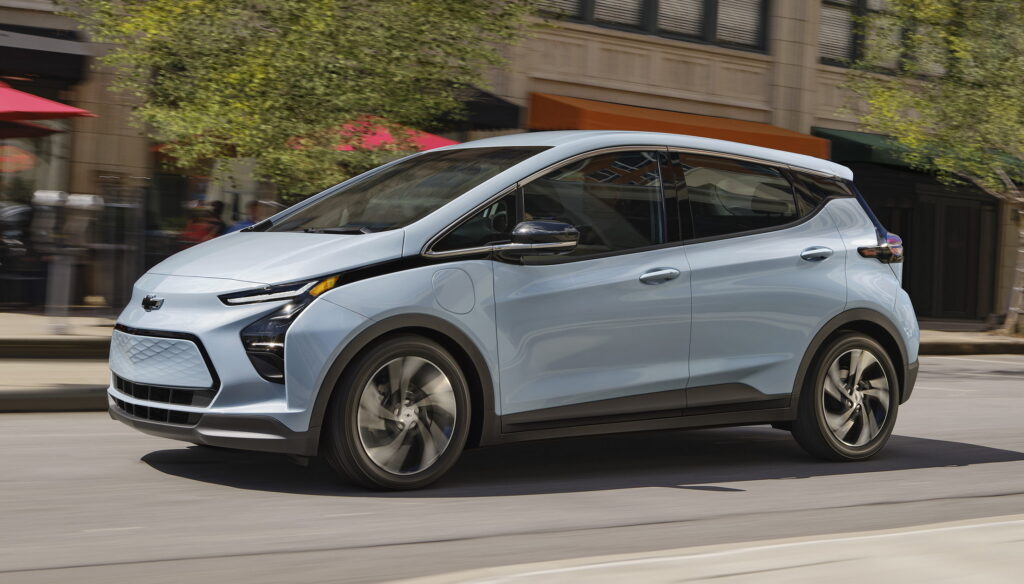Senator Joe Manchin claims the revised IRA, which extends reliance on Chinese materials for another year, harms U.S. companies
10 hours ago

- Senator Joe Manchin urges U.S. companies to sue the Treasury over IRA content rules, claiming harm to manufacturers.
- Manchin criticizes the Treasury for halving local content requirements, extending reliance on Chinese supply chains.
- Final rules allow the use of Chinese minerals in EV batteries until 2027, sparking Manchin’s opposition.
The Inflation Reduction Act (IRA) has had its fair share of controversy. Now, in a new development, U.S. Senator Joe Manchin has called on American companies to sue the Treasury Department. Senator Manchin claims that U.S. manufacturers were being damaged by the content rules.
In a hearing of the Senate Appropriations Committee, Senator Manchin told U.S. Treasury Secretary Janet Yellen that the Treasury had halved the local content requirements from the original language in the law. As a consequence, the senator not only said that he was encouraging every U.S. manufacturer to sue the Treasury, but also stated that he would “do the amicus brief on (their) behalf.”
Read: New EV Tax Credit Changes Could Make More Vehicles Eligible
Manchin, who recently left the Democratic Party to become an independent, has been a vocal critic of the Treasury’s implementation of the IRA, arguing it undermines U.S. manufacturers by extending reliance on Chinese supply chains.

According to Reuters, he specifically cited the Treasury’s allowance for automakers to continue using Chinese graphite and other critical minerals in battery production for an additional year as a breach of the law’s intent. The West Virginia senator emphasized that the IRA was designed to reduce dependence on Chinese supply chains, a goal he claims Treasury’s rules fail to meet.
Last month, the U.S. government finalized rules regarding the $7,500 clean vehicle tax credit, which allowed more electric vehicles to be eligible for it. Among the many changes, a new “traced qualifying value add test” was added, which allows manufacturers to continue to use the 50 percent roll up described in the proposed regulations as a transition rule until 2027.


